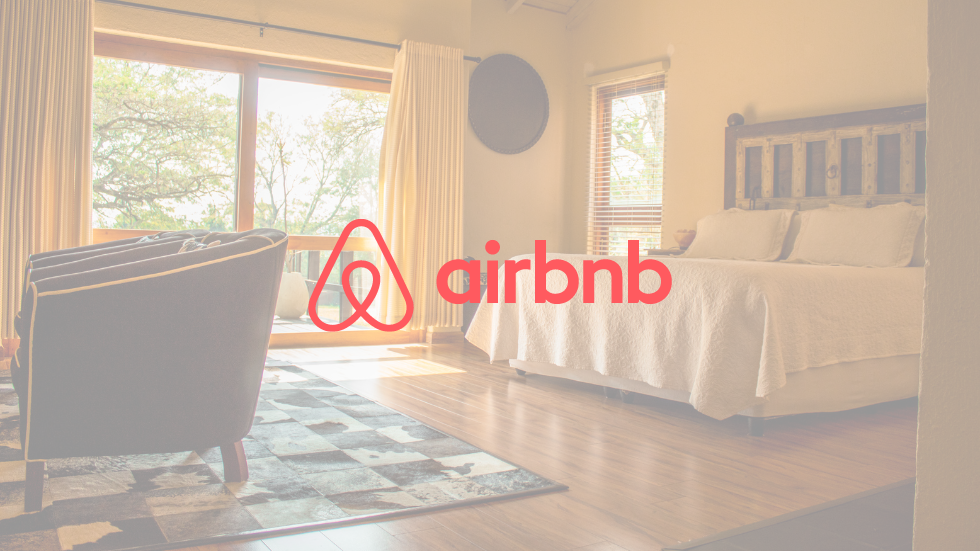Airbnb has attributed its increased profitability, in part to the decision to pivot away from search marketing and toward brand campaigns.
In 2019, Airbnb decided to cut back its spending on search and other performance-based marketing and instead focus on bigger, brand-oriented ad campaigns.
In February 2022, Airbnb launched its first large-scale brand marketing campaign in five years, titled ‘Made Possible by Hosts’. The campaign aims to educate guests about the benefits of being hosted and to inspire more people to become hosts.
Airbnb CEO Brian Chesky said: “We take a very different approach to sales and marketing than our competition. PR, in addition to word of mouth, is the thing that built our brand over the last 10 years. And because of that, Airbnb really is a noun and a verb used all over the world.”
According to AirBnB, its strategy means it’s marketing spending is now low enough that it doesn’t anticipate drastic reductions even if economic headwinds worsen in 2023.
This is really important. As Peter Field highlighted in the recent British Brands Group 2022 Lecture, ‘Falling in Love Again’ this is a debate at the heart of the brand marketing agenda. The drive for an evidence-based approoach to effectiveness has never been greater, especially in these challenging times. The data is unequivocal: building brands requires investment in medium to long term focused activity to drive equity. No one suggests that one size fits all or that shorter term activation and performance activities do not have a role, but the balance, with an investment emphasis on brand building is key. It is more than symbolic that a hugely successful digital business, like AirBnB, is changing track to align with this new evidence.

